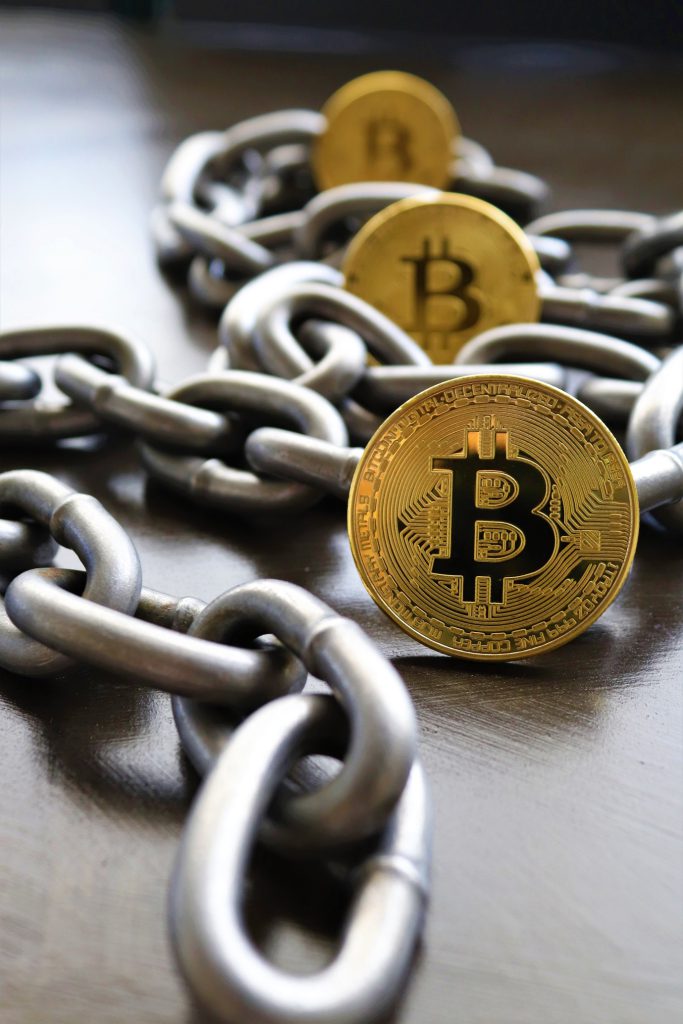Imagine struggling to pay high bank fees just to access your own money. Now, picture someone effortlessly earning interest on their savings through a new financial system. That’s the world of DeFi. Decentralized Finance (DeFi) is a new system built on computers. Traditional banks have been around for centuries. While banks have history, DeFi could change finance. Both have pluses and minuses.
Understanding Traditional Banks
Traditional banks are a cornerstone of the global economy. They have been around for a long time. They provide us with important things. Let’s look at what they do.
Core Functions of Banks
Banks do a lot! They offer services like checking and savings accounts. Banks provide loans to people and businesses. They also handle payments. Some banks even manage wealth for their customers. These core functions make the economy go.
Advantages of Traditional Banks
Banks offer several benefits. The FDIC insures deposits, protecting your money. Banks follow rules, which can make them safer. They are easy to find everywhere. Banks provide in-person service. These perks are a good thing for many.
Disadvantages of Traditional Banks
Banks have downsides too. Interest rates on savings are often low. Fees can be high for many services. Transactions can be slow at times. Some people can’t access banks at all. Plus, control rests with the bank, not you.
Decoding Decentralized Finance (DeFi)
DeFi can seem complex, but it’s not impossible to get your head around. It is a new way to do finance. Let’s break it down.
How DeFi Works: Blockchain & Smart Contracts
DeFi runs on blockchain technology. Blockchains record transactions securely. Smart contracts are programs that run automatically. Decentralized applications (dApps) provide access to DeFi services. It’s all based on code.
Key DeFi Applications
DeFi has many uses. You can lend and borrow money. Decentralized exchanges (DEXs) let you trade without a middleman. Stablecoins are cryptocurrencies that mimic the value of dollars. Yield farming and staking are ways to earn rewards. Many options are available.
Benefits of DeFi
DeFi has compelling advantages. Interest rates can be higher compared to traditional banks. DeFi is open to anyone with an internet connection. Transactions can be faster. DeFi offers transparency and gives you control over your assets. All great attributes to have.
DeFi vs. Banks: A Head-to-Head Comparison
Let’s compare DeFi and banks directly. This will help you see what is better. We’ll look at key things to measure.
Accessibility and Inclusion
DeFi is very accessible. Anyone with internet access can use it. This is great for those without bank accounts. Banks, though widespread, still exclude some people.
Costs and Fees
Bank fees can eat into your money. DeFi can have fees too, like gas fees on Ethereum. However, DeFi often has better interest rates. It is good to weigh your choices.
Security and Regulation
Banks have regulations and insurance. DeFi is newer, and regulations are unclear. Hacks and exploits do happen in DeFi. Both have risks and rewards.
Speed and Efficiency
DeFi transactions can be fast, especially with newer blockchains. Bank transfers can take time. DeFi offers more speed in some cases.
The Challenges Facing DeFi
DeFi has to overcome some problems. To grow, it needs to deal with these obstacles.
Scalability Issues
Some blockchains struggle with high transaction volumes. This can slow things down and raise fees. Scalability is a big issue for DeFi.
Security Risks and Hacks
Smart contracts can have bugs. Hackers exploit these bugs. This leads to loss of funds. Security is a major concern.
Regulatory Uncertainty
Regulations for DeFi are not clear yet. Governments could crack down on DeFi. This creates uncertainty for the future.
The Future of Finance: Collaboration or Competition?
Will DeFi and banks work together? Or will they compete? Let’s consider what might happen.
Potential for Hybrid Models
Banks could use DeFi technologies. This could improve their services. They might offer DeFi products to customers.
CBDCs (Central Bank Digital Currencies) and DeFi
Central bank digital currencies (CBDCs) could change things. They might integrate with DeFi. Or they could compete with stablecoins.
Conclusion
DeFi offers many benefits, like better access and higher rates. Banks offer stability and insurance. Both have pros and cons. The future likely holds a mix of old and new. Both traditional banks and DeFi will shape the financial future.

AdHang.com is the No.1 agency for digital marketing in Nigeria and the first Internet public enlightenment agency in Africa. AdHang has everything needed to achieve your digital marketing objectives and goals. From strategic digital marketing, a tactical approach to employing advanced digital marketing tools and technologies, using seasoned marketers with decades of marketing communications experience.









Comments